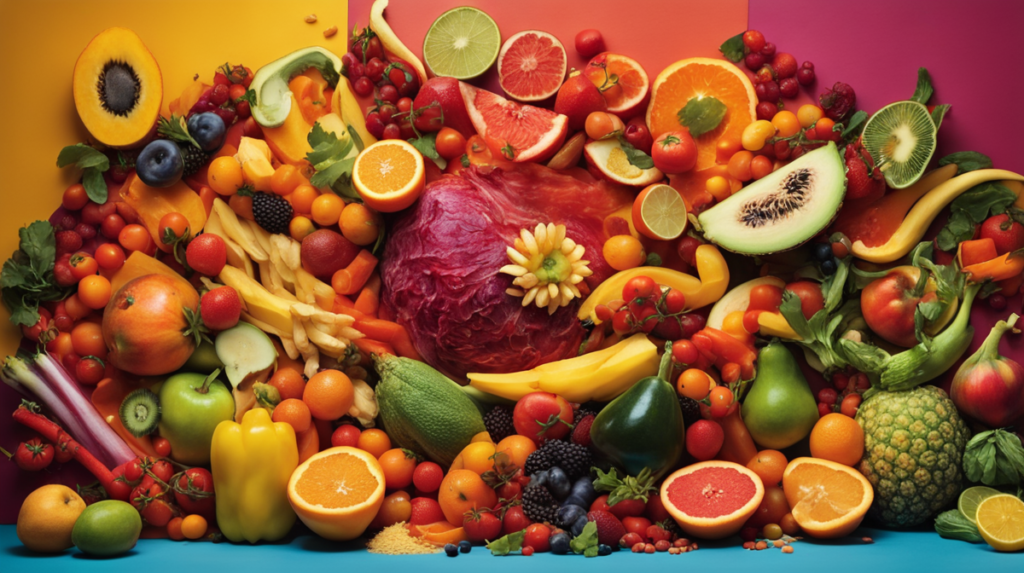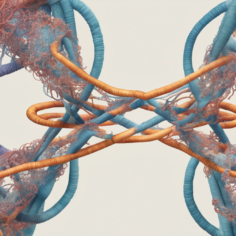
A Dance of Delight: The Art and Science of Eating
Few things in life are as pleasurable and vital as eating. Yet, how many of us truly understand the impact of the foods we consume on our health and well-being? This article explores the fascinating relationship between food and our bodies, offering insight into the art and science of eating. Our journey intertwines the joy of gastronomy, the complex biology of digestion, and the compelling psychology of consumption.
The Artistry of Food: A Symphony of the Senses
The art of eating begins with the senses. Layered textures, vibrant colors, and compelling flavors are meticulously arranged to entice the palate and stir emotions. Research has shown that an aesthetically pleasing meal can enhance the dining experience, stimulating our enjoyment of the food before even the first tantalizing bite.
Culinary innovators seek to create dishes that not only nourish but inspire, deftly painting with a palette of ingredients to create a multisensory orchestration that dances on our taste buds, leaving us craving more.
The Science of Digestion: More Than Just Stomach Acid
Food’s journey through our digestive system is a masterclass in biological engineering. From the morsel’s initial contact with saliva, enzymes begin the intricate process of breaking down food into basic nutrients that cells can use to generate energy and promote growth and repair.
Contrary to popular belief, the digestive process is not a mere physical act of grinding and reducing foodstuffs. It’s a complex physiological process, affecting everything from our mood to our overall health. For example, lean proteins and whole grains that are slowly digested help to regulate blood sugar levels, supporting overall energy and preventing mood swings.
Nutrition and Health: Food as Medicine
The science of nutrition is becoming increasingly clear- food can legitimately be seen as medicine. Beyond satisfying hunger, a nutrient-dense diet can help ward off chronic diseases, maintain a healthy weight, and enhance mood and cognition. Recent research has uncovered the crucial role of gut microbiome health. By fostering a diverse ecosystem of beneficial gut bacteria through a diet rich in fibrous veggies, fruits, and fermented foods, we should be able to enhance our disease resistance and mental wellness significantly.
The Psychology of Eating: Appetite and Emotion
Emotional eating, a phenomenon whereby mood influences eating habits, highlights the psychological aspect of consumption. Some people eat more when they’re stressed, while others lose their appetite. Understanding this interplay between emotions and eating, and developing healthier coping mechanisms, can promote overall wellness and avoid potential health issues tied to overeating or restrictive eating.
Conclusion
Whilst the art and science of eating is a topic of immense depth and breadth, one thing is certain: what, when, and how we eat have momentous effects on our health. As we continue to uncover the profound connections between our food and our bodies, we may each find our unique path toward nutrition that delights the senses, satisfies the soul, and nourishes the body.
Last modified: 18 January 2024


















